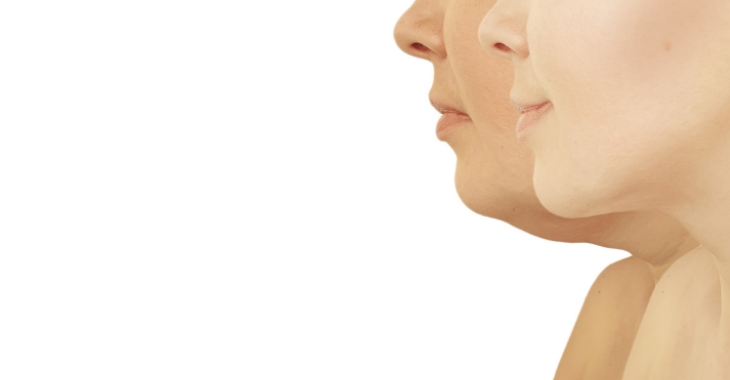Should My Teen Wait to Have Rhinoplasty?

The nose is the focal point of the face, impacting the balance and aesthetics. A misshaped, large or oddly formed nose can be distracting, and for some, it can result in lower self-confidence. This can be especially true for teenagers. While rhinoplasty can reshape the nose to better fit the face, it is a significant, permanent change. Many parents wonder if their teenager should wait until they are adults to have a nose job, or whether teen rhinoplasty is the best option.
Is Your Teen Emotionally and Physically Ready?
There are two main factors to consider when contemplating teen rhinoplasty. First, the nose must be finished growing before a nose shaping can be performed. For girls, this can be as early as 13 or 14 years of age; for boys, this may be 15-years old or older. An examination of the bone and cartilage is needed to determine whether the growth is complete, and your teen is physically ready for rhinoplasty.
Secondly, it is important to make sure your teen is emotionally ready for rhinoplasty and that it is the right decision for them. Many teens are self-conscious, but surgery is not always the answer. They need to understand what rhinoplasty can and cannot do when it comes to changing their appearance. This is a big decision and a permanent one – make sure they are ready to accept the risks and understand the limitations.
The best way to decide whether your teen is ready for rhinoplasty is to visit with an ethical plastic surgeon. They can sit down with you and your teenager and discuss the procedure in depth, giving you the information you both need to make the best decision.
Posted on behalf of:
New York Eye and Ear Infirmary of Mount Sinai
310 East 14th Street
6th Floor, North Bldg
New York, NY 10003
Phone: (212) 381-6110
The information provided on this website, including text, graphics, images, and other materials, is intended solely for informational purposes and should not be used as a substitute for professional medical advice, diagnosis, or treatment.


)